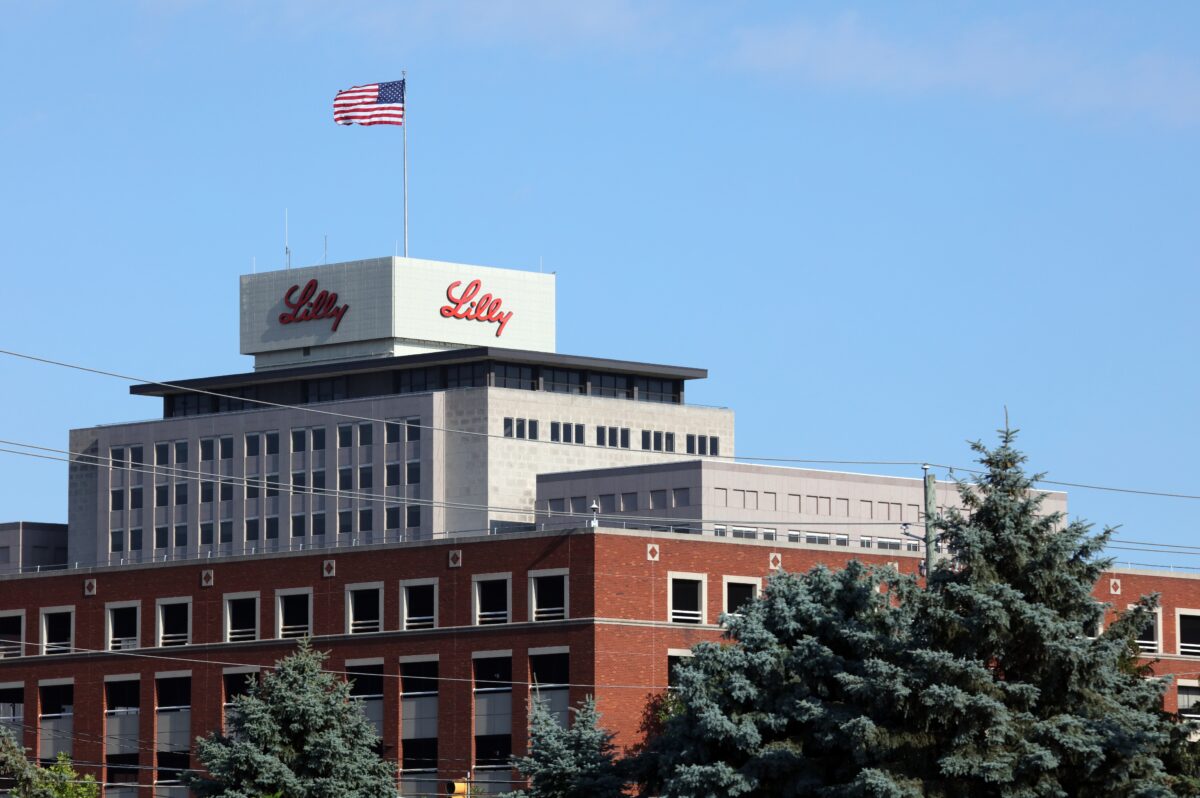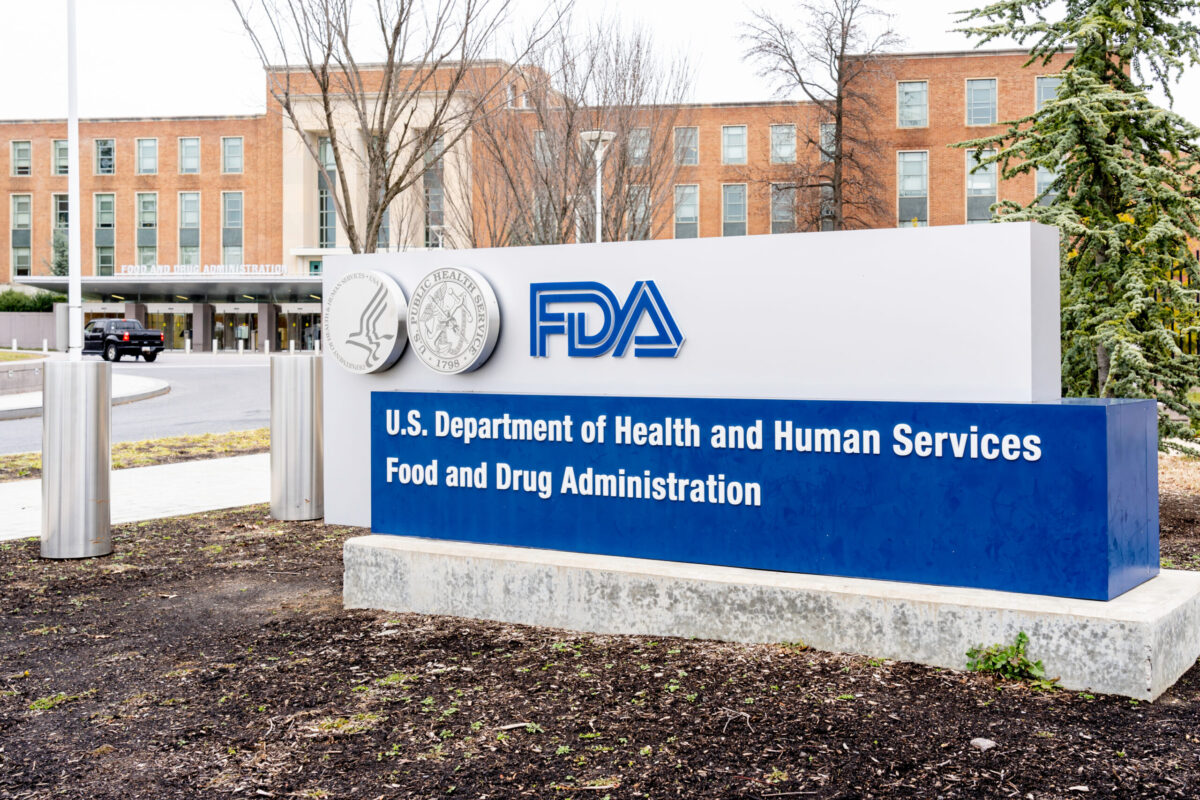The FDA has placed new restrictions on Sarepta Therapeutics’ Duchenne muscular dystrophy (DMD) gene therapy Elevidys following reports of patient deaths this year.
The treatment is now restricted to ambulatory DMD patients (four years of age and older) with the non-ambulatory indication removed from its label. Elevidys is indicated for patients who have a confirmed mutation in the DMD gene.
Non-ambulatory patients can no longer walk independently due to disease progression.
In March, Sarepta reported the death of a 16-year-old DMD patient due to acute liver failure several months after treatment with Elevidys.
A few months later, in June, the FDA issued a safety communication for Elevidys after another non-ambulatory patient death (a 15-year-old boy) was reported following treatment with the gene therapy in Sarepta’s Envision clinical study.
According to the drug’s label, liver injuries associated with Elevidys typically occur within the first two months after treatment. Both liver toxicity-related deaths were reported within this two-month window following infusion.
Elevidys’ updated label now carries a boxed warning, the FDA’s most serious safety alert, outlining the potentially fatal risks of acute serious liver injury (ALI) and acute liver failure (ALF).
Related: Sarepta’s Gene Therapy Elevidys Under Scrutiny After Patient Death
The FDA’s updated guidance states that Elevidys is not recommended for patients with preexisting liver impairment or active hepatic viral infections, given the heightened risk of acute, serious liver injury and potential liver failure.
It also excludes individuals who have received a recent vaccination (within four weeks of treatment) due to immunogenicity and potential safety concerns, as well as those with active or recent infections (within the past four weeks).
This marks the latest setback for the embattled DMD treatment.
Elevidys was granted accelerated approval in mid-2023 for ambulatory patients with DMD aged four to five years. The therapy secured an expanded indication for ambulatory patients four years of age and older (lifting the five years of age restriction), as well as non-ambulatory DMD individuals four years of age and older the following year.
Elevidys is an AAVrh74 adeno-associated virus (AAV) vector-based gene therapy for the treatment of DMD.
While the revised label continues to mandate weekly liver function tests for a minimum of three months post-treatment, it now also advises that patients “maintain proximity to an appropriate medical facility” for at least two months after receiving Elevidys infusion.
The label restriction comes five months after Sarepta and former US partner Roche voluntarily placed dosing restrictions in non-ambulatory patients following the death of a second recipient who developed acute liver failure. Roche licenses the therapy outside the US.
In July, the FDA asked Sarepta to halt the distribution of Elevidys and placed a clinical hold on the therapy and other investigational gene therapies after three patient deaths were reported in trials, including one for an Investigational New Drug (IND) application for the treatment of limb-girdle muscular dystrophy.
The FDA specified that it requires Sarepta to conduct a postmarketing, prospective, observational study in 200 patients with DMD. The agency stated that enrolled patients will be followed for at least 12 months after receiving the therapy, and that the study will include scheduled monitoring for hepatotoxicity using appropriate testing strategies.
Sarepta said it plans to initiate a study of an enhanced sirolimus-based immunosuppressive regimen to address the risk of acute liver injury and acute liver failure, with the goal of resuming dosing in non-ambulatory patients, contingent upon FDA endorsement.













Join or login to leave a comment
JOIN LOGIN